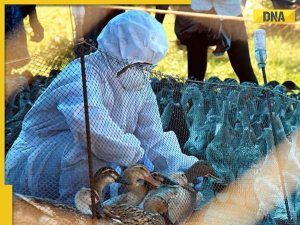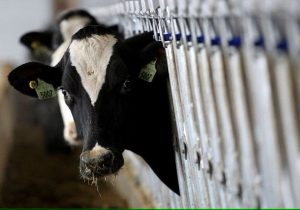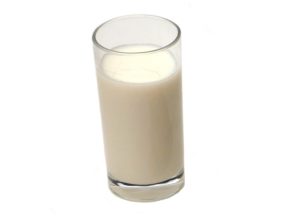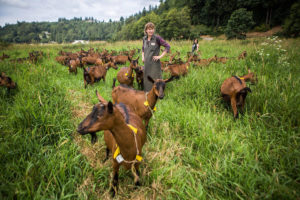The dairy industry has a dedicated group which is actively monitoring the situation and meeting regularly to manage the impact for dairy farmers and the wider industry.
How can I manage the impact of Covid-19 on my farm business?
Dairy farmers have a number of options to prepare their business and make contingency plans.
Farmers can consider:
Protecting your staff from exposure – consider international visitors, people returning from overseas from at risk areas, and consider self-isolation if staff unwell.
Potential impacts on your business and ability to operate.
Operating with limited labour due to staff having to self-isolate following travel or closure of schools or childcare.
What goods (e.g. chemicals) do you rely on to keep your business going in the coming three to four months. Contact suppliers to secure goods or source alternatives.
At this point the World Organisation for Animal Health and the Australian Veterinary Association indicated there is no evidence that livestock can contract or spread the disease.
Do I need a Biosecurity Plan?
Where possible, dairy farmers should enact a biosecurity plan which can be created using Dairy Australia’s Biosecurity tool.
This includes procedures around:
Farm visitors
Thorough business hygiene practices for staff
How do I stay updated?
To stay up-to-date as to how to best protect yourself against Covid-19, please check-out these resources from the Department of Health.
If you are employing people, have a look at these resources with advice for employers.
To stay up-to-date about travel restrictions, please check out the Department of Health’s website or the Smartraveller website. https://www.smartraveller.gov.au/news-and-updates/coronavirus-covid-19








